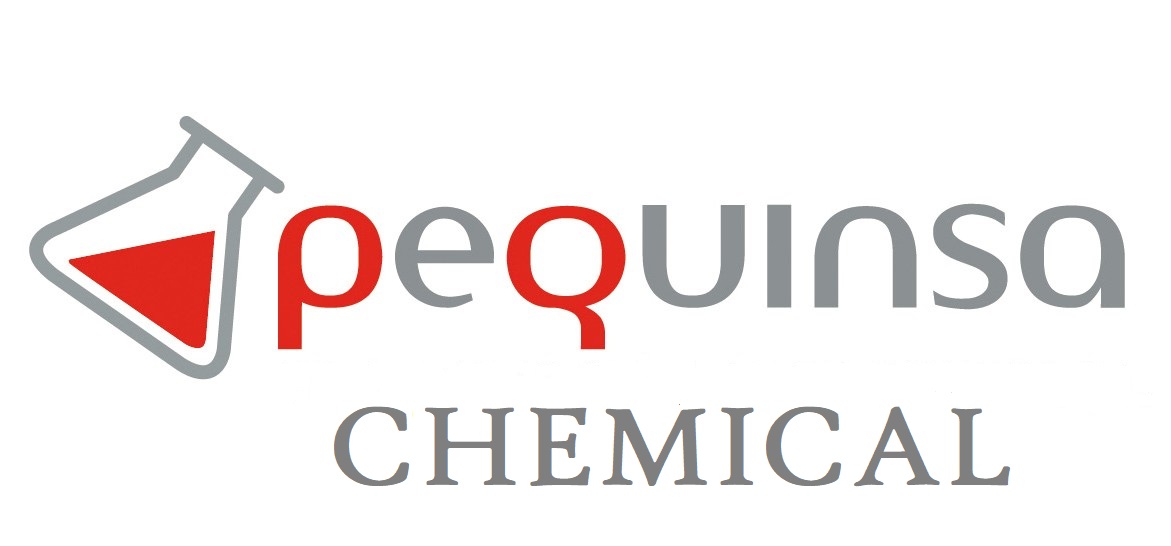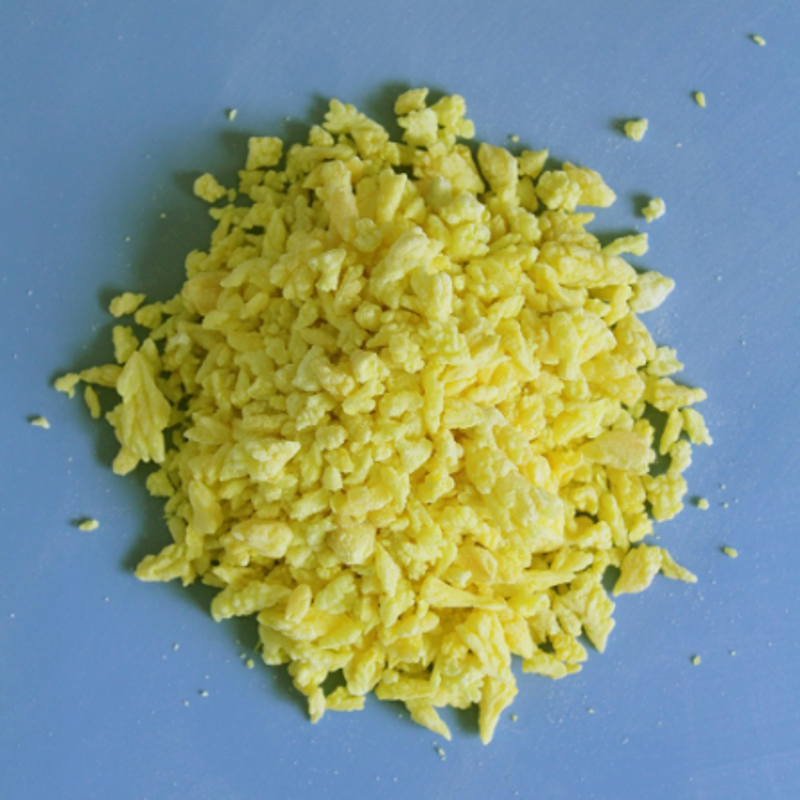-
Categories
-
Pharmaceutical Intermediates
-
Active Pharmaceutical Ingredients
-
Food Additives
- Industrial Coatings
- Agrochemicals
- Dyes and Pigments
- Surfactant
- Flavors and Fragrances
- Chemical Reagents
- Catalyst and Auxiliary
- Natural Products
- Inorganic Chemistry
-
Organic Chemistry
-
Biochemical Engineering
- Analytical Chemistry
-
Cosmetic Ingredient
- Water Treatment Chemical
-
Pharmaceutical Intermediates
Promotion
ECHEMI Mall
Wholesale
Weekly Price
Exhibition
News
-
Trade Service
The most effective way to reduce the global burden of disease is to apply primary prevention interventions to reduce the incidence
of major cardiovascular diseases (CVDs) and other chronic diseases.
Adherence to a high-quality, nutritious diet pattern is associated
with fewer clinical CVD events.
The traditional Mediterranean diet pattern not only represents the broadest healthy eating pattern, but is also a very palatable and sustainable method
.
A relationship has been reported between changes in diet quality (as measured by the Mediterranean Alternative Diet score) and mortality risk over time, suggesting a decrease
in mortality associated with the Mediterranean diet (MedDiet) over time.
Epidemiological studies have reported a positive effect of the Mediterranean diet on cardiometabolic features and a preventive effect
on primary cardiovascular events.
Beneficial effects
of fruits, vegetables, legumes, and olive oil on cardiovascular disease outcomes have been reported.
This study aimed to conduct a systematic review and meta-analysis of prospective cohort studies and randomized controlled trials (RCTs) to evaluate the association between olive oil and the primary risk of 4 different outcomes: cardiovascular disease (CVD), cancer, type 2 diabetes mellitus (T2D).
A total of 36 studies were included in the review, and 27 studies (24 prospective cohorts and 3 different reports from one RCT) were evaluated
in four quantitative random-effects meta-analyses.
This meta-analysis included a total of 806203 participants with 49,223 CVD events; 58,892 cancer cases in 1285064 participants; 13,389 T2D events occurred in 680239 participants; There were 174081 deaths
out of 733,420 participants.
Olive oil usage was most often measured
using a verified food frequency questionnaire.
This study found that each additional 25 g/d of olive oil consumption reduced the risk of CVD by 16% (RR]: 0.
84; 95% [CI]: 0.
76 to 0.
94), but no significant association with cancer risk was observed (RR: 0.
94; 95% CI: 0.
86 to 1.
03 per 25 g/day).
In the absence of heterogeneous evidence, olive oil consumption was associated with a 22% reduction in the relative risk of T2D (RR: 0.
78; 95% CI: 0.
69 to 0.
87 per 25 g/day).
Similarly, it was inversely associated with all-cause mortality (RR: 0.
89; 95% CI: 0.
85 to 0.
93 per 25 g/day).
This study confirmed a beneficial association between olive oil consumption and CVD, T2D, and all-cause mortality, but they did not show any association
with cancer risk.
Original source:
Miguel A.
Martínez-González.
et al.
Effect of olive oil consumption on cardiovascular disease, cancer, type 2 diabetes, and all-cause mortality: a systematic review and meta-analysis.
Clinical Nutrition.
2022.







